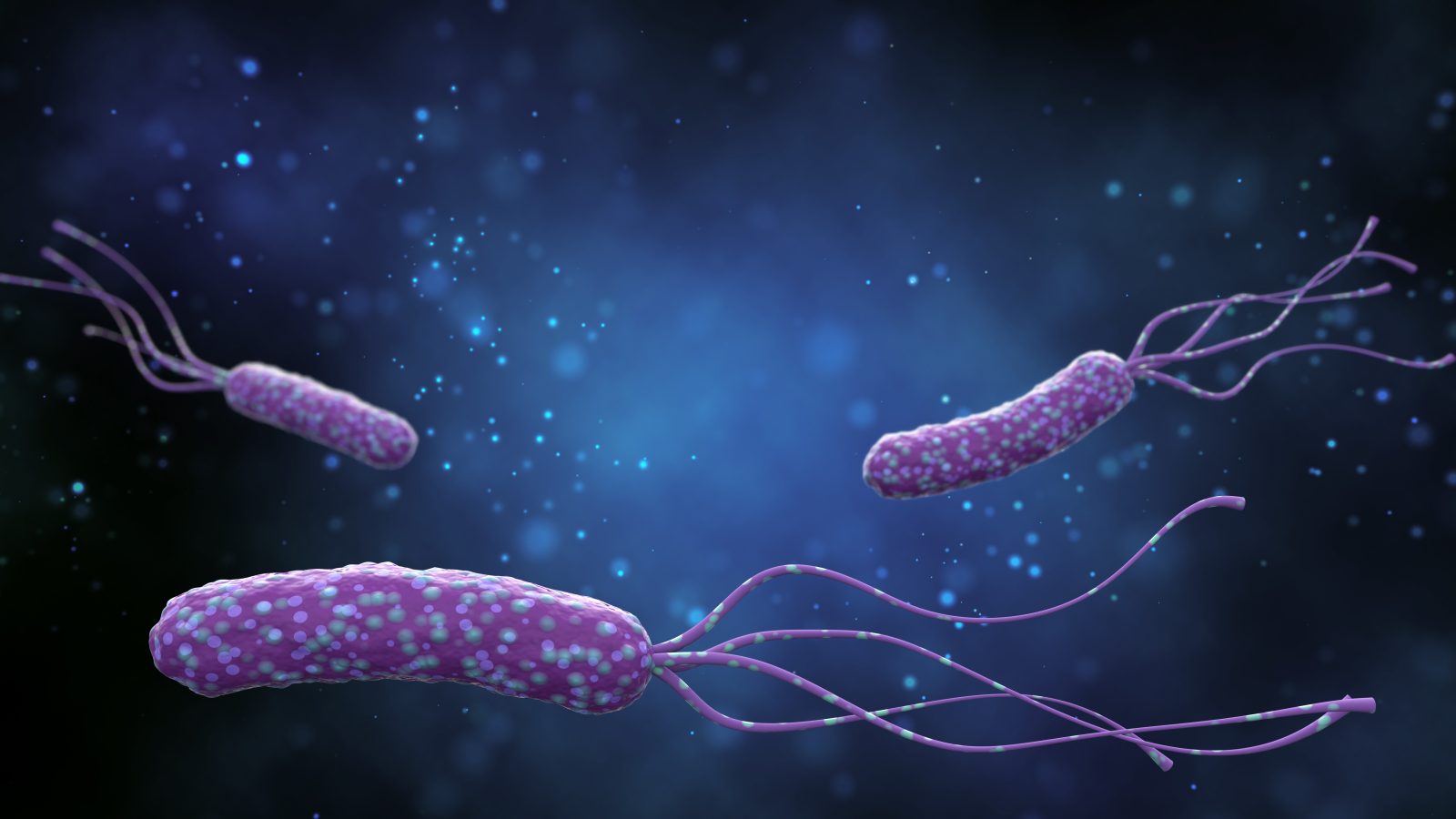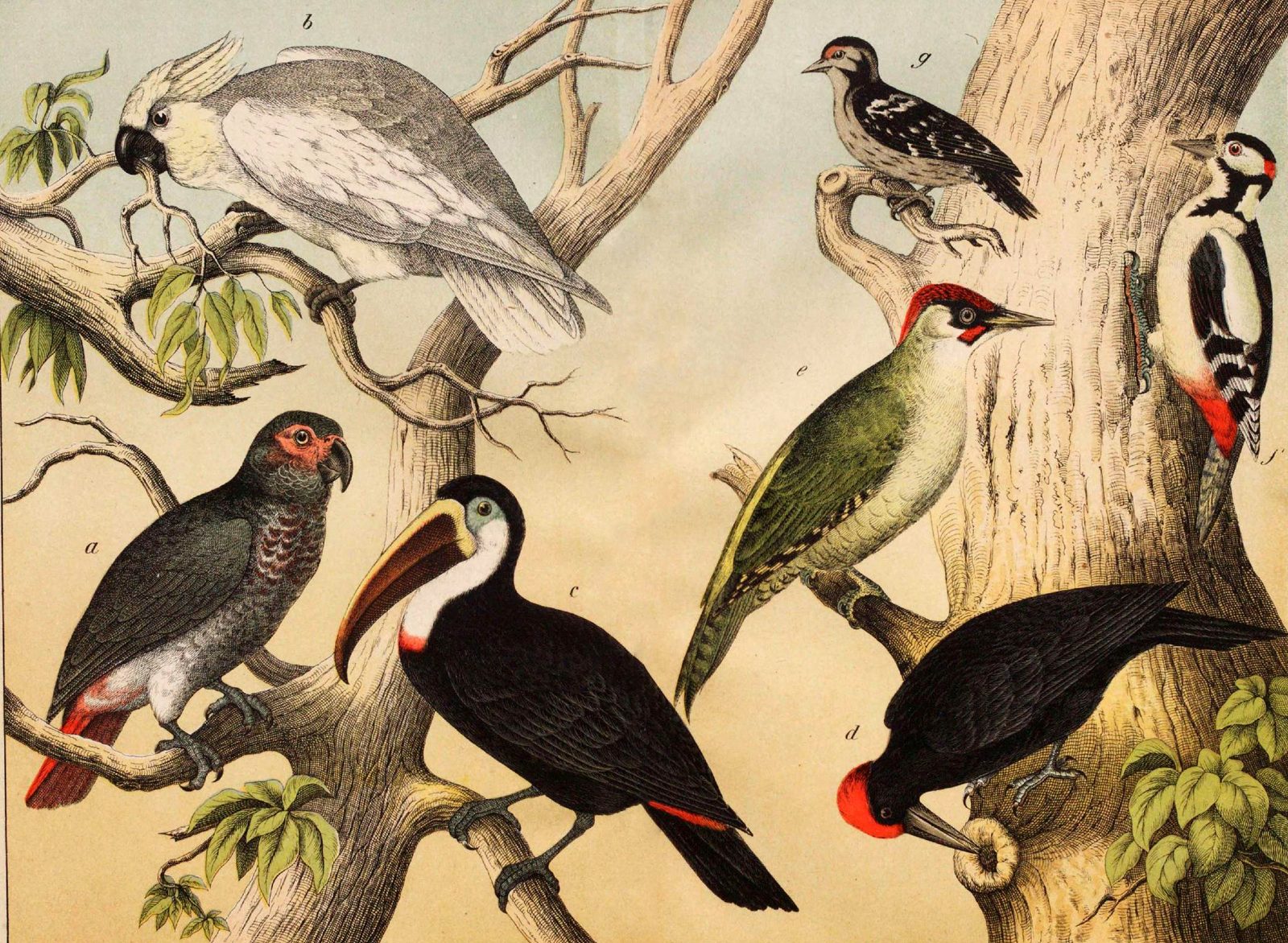
Behe Answers the Best Objections to Irreducible Complexity and ID, Pt. 1
On today’s ID the Future Lehigh University biologist Michael Behe addresses what Philosophy for the People host Pat Flynn considers some of the best objections to Behe’s central intelligent design argument. As far back as the 1996 book Darwin’s Black Box, Behe has argued that certain features in biology are irreducibly complex. That is, they require numerous essential parts, each carefully fitted to its task and integrated with the other parts, in order for the molecular machine or system to function at all. Two examples are the bacterial flagellum motor and the blood clotting cascade. Such systems are, in Behe’s words, irreducibly complex and could not have arisen through any blind and gradual evolution process. The better explanation for their origin: intelligent design. Since Darwin’s Black Box became a bestseller a generation ago, Behe has attracted opponents in places high and low. Following the philosopher Alvin Plantinga, Flynn says that some of the attacks on Behe have been hysterical, but some have been more thoughtful. In this series Flynn focuses the discussion on what he regards as some of the more substantive and interesting objections, beginning with one from a noted philosopher who is partly sympathetic to Behe’s work, Plantinga himself. Behe gamely responds. This episode is used by permission of Pat Flynn. To see Behe’s responses to common and key objections collected in a single book book, get your copy of his newest book, A Mousetrap for Darwin: Michael J. Behe Answers His Critics.
